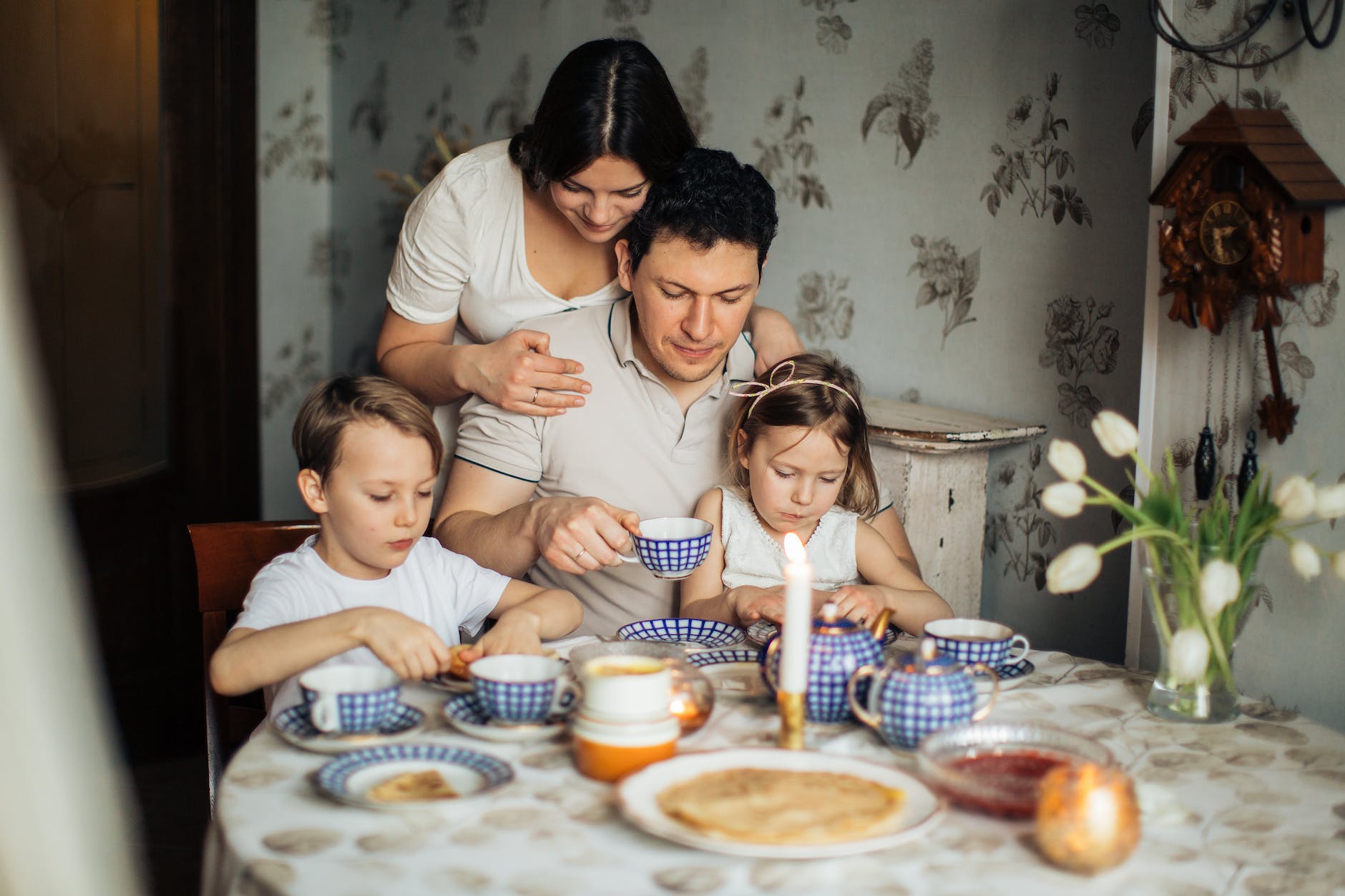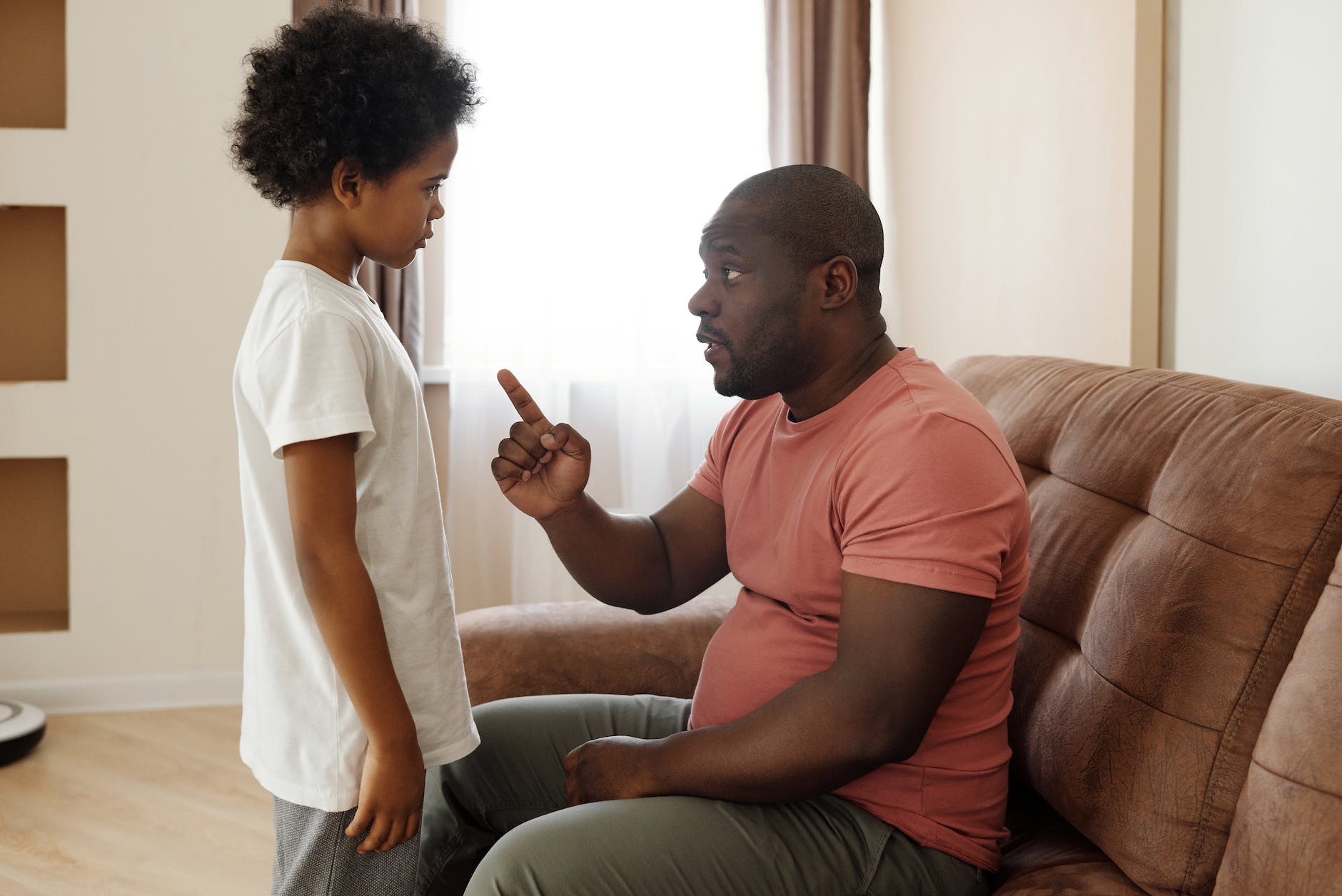
Why Women Are Always Self-Destructive In Relationship Choices
Table of Contents
The world of relationships can be a complex and intricate web of emotions, experiences, and choices. As women, we may often find ourselves questioning why we seem to make the wrong choices that lead to unsustainable relationships.
This post aims to delve into the notion of how women display self-destructive relationship patterns, explore potential reasons behind them, and offer insights into breaking this cycle.
We will try to examine some relatable scenarios so that we can gain a better understanding of the complexities involved and empower ourselves to make healthier choices.
1. Societal Expectations and Gender Roles

From a young age, societal norms and gender roles play a significant role in shaping our beliefs about relationships. Women are often conditioned to be caregivers, putting the needs of others before their own. This can lead to a pattern of seeking out partners who may not reciprocate the same level of care and respect. Consider the scenario below:
Scenario: Emily, a successful professional, meets Jake, a charming and charismatic man. However, Jake has a habit of being emotionally distant and often takes Emily’s support for granted.
Despite feeling unfulfilled, Emily stays in the relationship, hoping that her love and care will eventually change Jake, which in many cases never happens and can then lead to frustration, quarrels, and unhappiness in the relationship, even fights.
2. Seeking External Validation

Self-worth can sometimes become tied to external validation, especially when we seek approval from others to feel complete. This can lead to compromising on essential values and accepting partners who may not treat us with the respect we deserve. Examine the common scenario below:
Scenario: Sarah, an intelligent and independent woman, enters a relationship with Tom, who consistently belittles her ambitions and dreams. Instead of confronting the issue, Sarah remains in the relationship, hoping that she can change Tom’s perspective and gain his approval, which might never happen as she wishes, and she may end up seeking validation from external sources outside her relationship, thereby resulting in conflicts in her relationships.
3. Repetition of Familiar Patterns

The experiences we have in our early relationships, particularly with family members, can influence our adult relationship choices. If we grew up witnessing unhealthy dynamics, we may unconsciously seek out partners who replicate these patterns. Consider this scenario below:
Scenario: Emma grew up in a household where her parents had a tumultuous and toxic relationship. As an adult, she finds herself drawn to partners who display similar emotionally unstable behaviors, despite knowing that it is unsustainable. She can’t really help it because that’s the only type of relationship dynamics that she knows.
4. Fear of Being Alone

The fear of loneliness can be a powerful driver in our relationship decisions. We may stay in unfulfilling relationships simply because the thought of being single terrifies us. Let’s explore a common scenario:
Scenario: Rachel has been with Mark for several years, and although she is not entirely happy, she fears ending the relationship and being alone. As a result, she continues to compromise on her own happiness for the sake of having someone by her side.
How to Break the Cycle and Make Sustainable Choices
Understanding the reasons behind our self-destructive relationship patterns is the first step towards breaking the cycle and making healthier choices. Here are some essential steps to consider:
1. Self-Reflection: Take the time to introspect and identify patterns in your past relationships. Recognize any recurring themes or unhealthy dynamics, and then try to break the circle in your current or next relationship.
2. Set Boundaries: Establish clear boundaries in your relationships and communicate your needs openly. Don’t be afraid to walk away from partnerships that do not respect these boundaries. Don’t let yourself become a doormat, as this is a very fast way to lose respect and self-worth.
3. Prioritize Self-Love: Cultivate self-love and recognize your intrinsic value. When you value yourself, you will naturally attract partners who value and respect you.
4. Seek Support: Don’t hesitate to seek professional help if you find it challenging to break self-destructive patterns. Therapists can provide invaluable guidance and support.
5. Embrace Independence: Learn to enjoy your own company and embrace being single. This will empower you to make choices based on what truly makes you happy, rather than fear of being alone. Don’t worry, no vampire is coming through the door, it’s all in your mind and nothing real.
In conclusion, breaking the cycle of self-destructive relationship choices is a journey that requires self-awareness, courage, and self-compassion.
When we understand that societal influences, seeking validation, and repetitive patterns may drive our decisions, then we can take conscious steps to make more sustainable choices in our relationships.
Remember, every woman deserves a loving and fulfilling partnership, and it begins with loving and respecting ourselves first.
You Are Welcome.
Let Love Lead.

